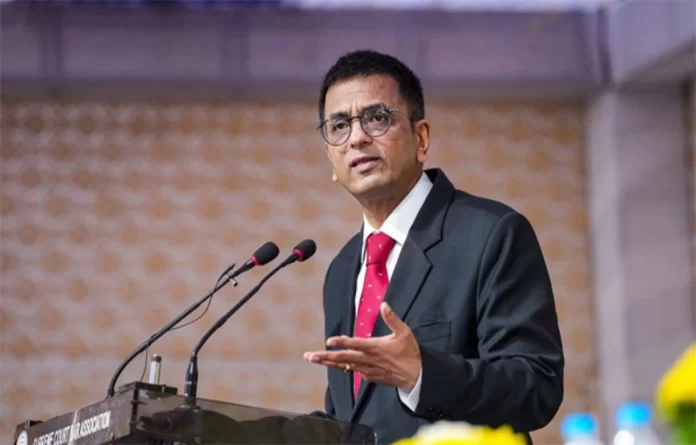The All India Lawyers Association For Justice (AILAJ) on Tuesday has written to Chief Justice of India DY Chandrachud requesting action against Additional Session Judge, Bareilly Ravi Kumar Diwakar over a recent judicial order passed by him praising Uttar Pradesh Chief Minister Yogi Adityanath, stating that religious person in power gives good results.
The letter addressed to the Chief Justice mentioned that the order by Judge Diwakar containing controversial, prejudicial, bigoted and unconstitutional statements, conclusions and direction be expunged from the record. It also urged that necessary actions be taken against the Judge including skill development at the judicial academy.
Notably, in his order, Judge Diwakar had referred to his order passed in the Gyanvapi Case and the threats that he had faced after passing the order and the atmosphere of fear prevailing in his family.
The aforesaid observations were made by Judge Diwakar while summoning a Muslim Cleric and Politician Maulana Tauqeer Raza Khan to face the trial for serious criminal charges including attempt to murder in connection with the communal violence which took place in Bareilly in the year 2010.
In another observation, he also stated that the main reason for riots in the country is that the political parties are engaged in the appeasement of a particular religion, due to which the morale of prominent people of that particular religion increases to the extent that they start thinking that even if they incite riots, nothing would be done to them.
The letter from the lawyer’s group underlined that it is seen that this order of the Sessions Court has the effect of perpetuating misplaced stereotypes and bigoted impressions about the Muslim community. It also mentioned that the order has tipped the scales of justice, breached the avowed principle of independence of the judiciary and is damaging to the reputation of the judiciary.
The letter noted that the judgment represents an abject failure on the part of the Judge to abide by the standards and norms bearing on judicial officers which is to maintain independence, impartiality and propriety. It continued that the Judge, while making these statements which reveal manifest bias and prejudice against the Muslim community, has failed the basic standards of judicial conduct thereby shaking the public’s confidence in the judiciary.
Furthermore, it also pointed out that through his order, Judge Diwakar has resorted to detailing his experience while dealing with the Gyanvapi Masjid case, which in itself is judicial impropriety, but also raises questions of fairness.


